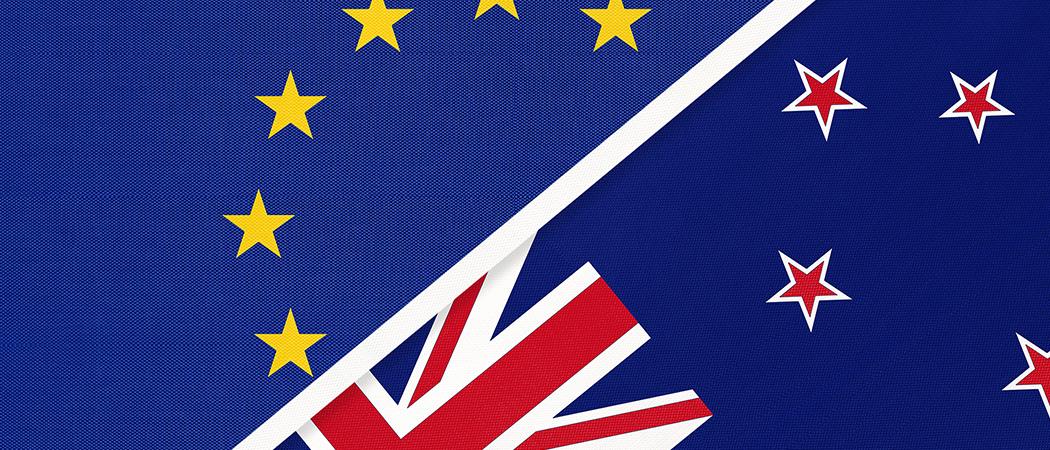The announcement comes a few weeks after New Zealand and the European Commission concluded informal talks on association

New Zealand and the European Commission announced they will enter formal negotiations on joining Horizon Europe, the EU’s €95.5 billion research and innovation programme.
Along with Canada, New Zealand was the first highly industrialised country to start exploratory talks with the EU on becoming an associated country in Horizon Europe. In the previous research programme, Horizon 2020, New Zealand participated as a ‘third country’ a status that does not offer the full benefits of association.
The Commission concluded informal talks with both New Zealand and Canada and this summer and in early September, EU member states gave approval for the Commission to continue negotiations with both countries.
New Zealand and the EU signed a cooperation agreement covering science and technology back in 2009. That has provided a general framework for cooperation and acted as a forum for regular discussions about research priorities and areas of common interest ever since.
EU research commissioner Mariya Gabriel said the EU “is glad about the perspective” of New Zealand joining the €95.5 billion programme. “Together, we will address common global challenges from climate change to environmental degradation, from food security to health crises,” she said.
New Zealand’s minister for research, science and innovation Ayesha Verrall said the two parties will be able to work more closely on joint research objectives in zero carbon technologies, reducing emissions from agriculture and developing emerging technologies. “Becoming an associated country of Horizon Europe would reflect our deep relationship and shared values, especially at a time of disruption and uncertainty,” Verrall said.
Canada next?
An announcement on Canada starting formal association talks has not been made yet.
In a statement emailed to Science|Business, Canada’s department for science and economic development said the government is currently “assessing our options for participation” after the “fruitful” exploratory talks with the Commission.
The spokeswoman also said the Canadian government has not made a decision on which of the three pillars of Horizon Europe it will want to participate in.
Speaking at the Commission’s R&I days conference on research and innovation policy last month, Canada’s assistant deputy minister for science said the government is looking to strengthen strategic partnerships in research and innovation with EU countries. Nipun Vats noted that Horizon Europe is “an excellent mechanism to support our shared ambitions in science and in our wider international relations.”





 A unique international forum for public research organisations and companies to connect their external engagement with strategic interests around their R&D system.
A unique international forum for public research organisations and companies to connect their external engagement with strategic interests around their R&D system.